With Wimbledon just in the rear view mirror, it’s as good a time as any to draw a parallel between tennis and hurling greats.
The 1999 tennis season saw a late-career renaissance for Steffi Graf. Without a grand slam title since 1996, she claimed the Germanand French Opens and then reached the Wimbledon final, losing out to Lindsay Davenport. That proved to be her last appearance in a major singles decider – just turned 30, she was too old to keep contending in what was a young woman’s sport.
It’s a quite different state of affairs from what pervades now, with three of the four singles finalists at Wimbledon last weekend – Novak Djokovic, Roger Federer and Serena Williams – over the age of 30.
When Graf was navigating her way towards those victories in 1999, a young Brian Cody was guiding Kilkenny to the Leinster senior hurling title in his first year in charge.
How far the renaissance of today’s Kilkenny side takes Cody remains to be seen, though there are plenty of positives to take from last weekend’s win over Cork.
Pressure
In an interview given after his appointment 20 years ago, the 44-year-old James Stephens man accepted that he might be bringing unnecessary pressure on himself: “I don’t know exactly why you’d do it, to be honest – it’s just something you can’t help doing. I suppose it was that I played at every level and I wish I could still play. You just like to stay involved, in some way.”
The mission was clear, the same as every year, though it’s worth bearing in mind that this was the tail-end of hurling’s ‘revolution years’. While Kilkenny had won in 1992 and 1993, the five subsequent championships were claimed by Offaly, Clare, Wexford, Clare and Offaly.
“The obvious ambition of course is to win the All-Ireland, but only one team can do that,” Cody said.
“What I want to do at least is make sure we have a strong Kilkenny team, a team playing with full commitment. After that …”
Twenty years and 11 All-Irelands later, Cody has shown that, like top-class tennis, intercounty hurling management isn’t just for the young turks. And the commitment from a strong Kilkenny team remains as full as ever.
This year’s crop is not a vintage Cats side when compared with some of the star-laden teams Cody has been able to put out, but hard work is something that can be brought regardless of quality levels and it’s rare that Kilkenny are found wanting in that regard. It’s like the mantra Paul O’Connell brought to the Ireland rugby team – “Let’s be the best at the things that require no skill and build on that.”
Achievements
Obviously, the four-in-a-row from 2006-09 is the jewel in Cody’s crown, a period when teams struggled to live with Kilkenny, the 2008 final against Waterford one of the most complete performances by any Irish sports team.
But it is the lesser heralded achievements which underline the strength of his management, possessing a quality similar to Alex Ferguson at Manchester United in adapting to a changing game rather than stubbornly sticking to the things that might have worked in the past.
Having been denied the five-in-a-row by Tipperary in 2010, Kilkenny came back to win the next two titles, the latter after Galway had dethroned them in Leinster. Then, aside from a qualifier win over Tipp, they were bit-part actors in the madness of the 2013 championship, but instead of Clare’s win heralding a new order, Kilkenny again won the next two.
Many times since Cody’s side have been written off and somewhat forgotten about as Waterford, Wexford and Limerick made pushes to become the game’s new leading light.
But through it all Cody’s side have kept plugging away.
Sunday’s win over Cork in the All-Ireland quarter-final was a classic Kilkenny performance, especially the way the Cats eased clear in the second half. Cody might profess that there are no tactics in hurling but he plays down his influence when he does.
Semi-finals
Limerick lie in wait in the semi-finals and Kilkenny will again be underdogs, as they were on Sunday. They lost to the Shannonsiders in 2018 but that doesn’t necessarily mean that it will be allowed to happen again.
It should of course be no surprise that Laois’ application against Tipperary was of a similar ilk to Kilkenny’s, given their manager Eddie Brennan’s serving at the altar of Cody.
The lap of honour the Laois players undertook after defeat in Croke Park was more than deserved and the reception was not one born of condescension.
While Tipp turn their attention to Wexford, the challenge for the O’Moore County now is to try to build on their fine showing in the Leinster championship in 2020. It will be very difficult, as the ‘fifth team’ have a lot to make up on Wexford, Kilkenny, Dublin and Galway, but they have given themselves a great platform.
Super 8 fates taking shape
As mentioned here previously, the discord between the hurling and football championship scheduling means that the end of the year is heavily geared towards the bigger ball – there are 11 football games remaining in contrast to just three in hurling.
The opening weekend of the Super 8 didn’t give us any stone-cold classics, with the closest being the first 55 minutes of the tussle of Dublin and Cork in Croke Park before the All-Ireland champions delivered a devastating late surge.
Unfortunately for Mayo and the large numbers of fans that travelled to Killarney, they couldn’t get going and Kerry avoided the slow start that dogged them a year ago.
Putting any setback behind you quickly is the name of the game as there’s little time to pause for breath before the next round.
The upshot for Mayo is that this weekend’s game against Meath effectively becomes a knockout clash after the Royals lost to Donegal.
In the other group, Cork will seek to put their Croke Park experience to good use against Tyrone – a year ago, they lost by 16 points to the Red Hands so this is an acid test to see how far they’ve come. Also needing a result to stay alive are Roscommon, taking on Dublin in the ‘neutral’ venue of Croke Park – it’s certainly a tall order but stranger things have happened.
With Wimbledon just in the rear view mirror, it’s as good a time as any to draw a parallel between tennis and hurling greats.
The 1999 tennis season saw a late-career renaissance for Steffi Graf. Without a grand slam title since 1996, she claimed the Germanand French Opens and then reached the Wimbledon final, losing out to Lindsay Davenport. That proved to be her last appearance in a major singles decider – just turned 30, she was too old to keep contending in what was a young woman’s sport.
It’s a quite different state of affairs from what pervades now, with three of the four singles finalists at Wimbledon last weekend – Novak Djokovic, Roger Federer and Serena Williams – over the age of 30.
When Graf was navigating her way towards those victories in 1999, a young Brian Cody was guiding Kilkenny to the Leinster senior hurling title in his first year in charge.
How far the renaissance of today’s Kilkenny side takes Cody remains to be seen, though there are plenty of positives to take from last weekend’s win over Cork.
Pressure
In an interview given after his appointment 20 years ago, the 44-year-old James Stephens man accepted that he might be bringing unnecessary pressure on himself: “I don’t know exactly why you’d do it, to be honest – it’s just something you can’t help doing. I suppose it was that I played at every level and I wish I could still play. You just like to stay involved, in some way.”
The mission was clear, the same as every year, though it’s worth bearing in mind that this was the tail-end of hurling’s ‘revolution years’. While Kilkenny had won in 1992 and 1993, the five subsequent championships were claimed by Offaly, Clare, Wexford, Clare and Offaly.
“The obvious ambition of course is to win the All-Ireland, but only one team can do that,” Cody said.
“What I want to do at least is make sure we have a strong Kilkenny team, a team playing with full commitment. After that …”
Twenty years and 11 All-Irelands later, Cody has shown that, like top-class tennis, intercounty hurling management isn’t just for the young turks. And the commitment from a strong Kilkenny team remains as full as ever.
This year’s crop is not a vintage Cats side when compared with some of the star-laden teams Cody has been able to put out, but hard work is something that can be brought regardless of quality levels and it’s rare that Kilkenny are found wanting in that regard. It’s like the mantra Paul O’Connell brought to the Ireland rugby team – “Let’s be the best at the things that require no skill and build on that.”
Achievements
Obviously, the four-in-a-row from 2006-09 is the jewel in Cody’s crown, a period when teams struggled to live with Kilkenny, the 2008 final against Waterford one of the most complete performances by any Irish sports team.
But it is the lesser heralded achievements which underline the strength of his management, possessing a quality similar to Alex Ferguson at Manchester United in adapting to a changing game rather than stubbornly sticking to the things that might have worked in the past.
Having been denied the five-in-a-row by Tipperary in 2010, Kilkenny came back to win the next two titles, the latter after Galway had dethroned them in Leinster. Then, aside from a qualifier win over Tipp, they were bit-part actors in the madness of the 2013 championship, but instead of Clare’s win heralding a new order, Kilkenny again won the next two.
Many times since Cody’s side have been written off and somewhat forgotten about as Waterford, Wexford and Limerick made pushes to become the game’s new leading light.
But through it all Cody’s side have kept plugging away.
Sunday’s win over Cork in the All-Ireland quarter-final was a classic Kilkenny performance, especially the way the Cats eased clear in the second half. Cody might profess that there are no tactics in hurling but he plays down his influence when he does.
Semi-finals
Limerick lie in wait in the semi-finals and Kilkenny will again be underdogs, as they were on Sunday. They lost to the Shannonsiders in 2018 but that doesn’t necessarily mean that it will be allowed to happen again.
It should of course be no surprise that Laois’ application against Tipperary was of a similar ilk to Kilkenny’s, given their manager Eddie Brennan’s serving at the altar of Cody.
The lap of honour the Laois players undertook after defeat in Croke Park was more than deserved and the reception was not one born of condescension.
While Tipp turn their attention to Wexford, the challenge for the O’Moore County now is to try to build on their fine showing in the Leinster championship in 2020. It will be very difficult, as the ‘fifth team’ have a lot to make up on Wexford, Kilkenny, Dublin and Galway, but they have given themselves a great platform.
Super 8 fates taking shape
As mentioned here previously, the discord between the hurling and football championship scheduling means that the end of the year is heavily geared towards the bigger ball – there are 11 football games remaining in contrast to just three in hurling.
The opening weekend of the Super 8 didn’t give us any stone-cold classics, with the closest being the first 55 minutes of the tussle of Dublin and Cork in Croke Park before the All-Ireland champions delivered a devastating late surge.
Unfortunately for Mayo and the large numbers of fans that travelled to Killarney, they couldn’t get going and Kerry avoided the slow start that dogged them a year ago.
Putting any setback behind you quickly is the name of the game as there’s little time to pause for breath before the next round.
The upshot for Mayo is that this weekend’s game against Meath effectively becomes a knockout clash after the Royals lost to Donegal.
In the other group, Cork will seek to put their Croke Park experience to good use against Tyrone – a year ago, they lost by 16 points to the Red Hands so this is an acid test to see how far they’ve come. Also needing a result to stay alive are Roscommon, taking on Dublin in the ‘neutral’ venue of Croke Park – it’s certainly a tall order but stranger things have happened.



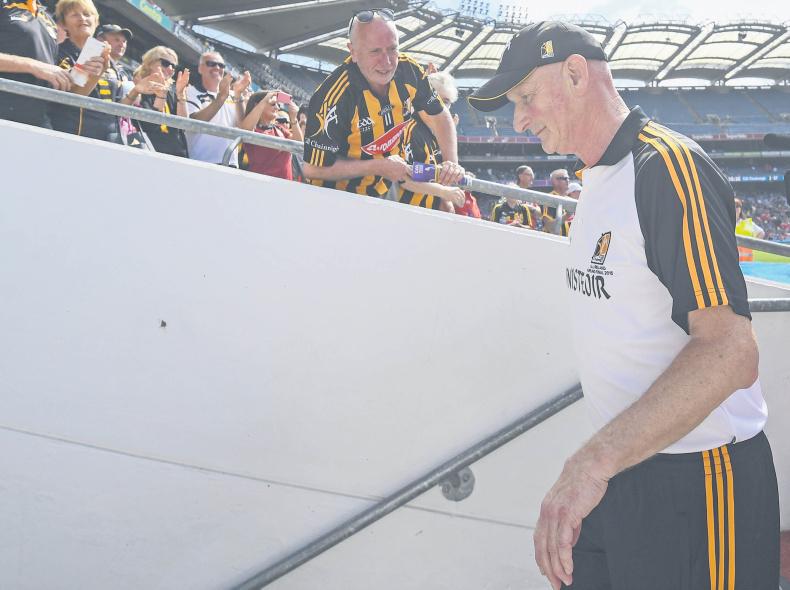

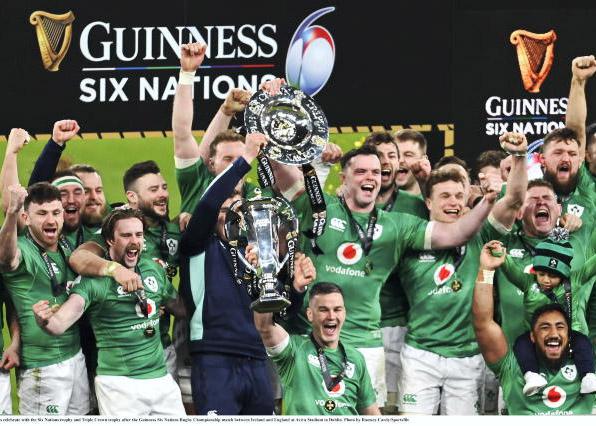

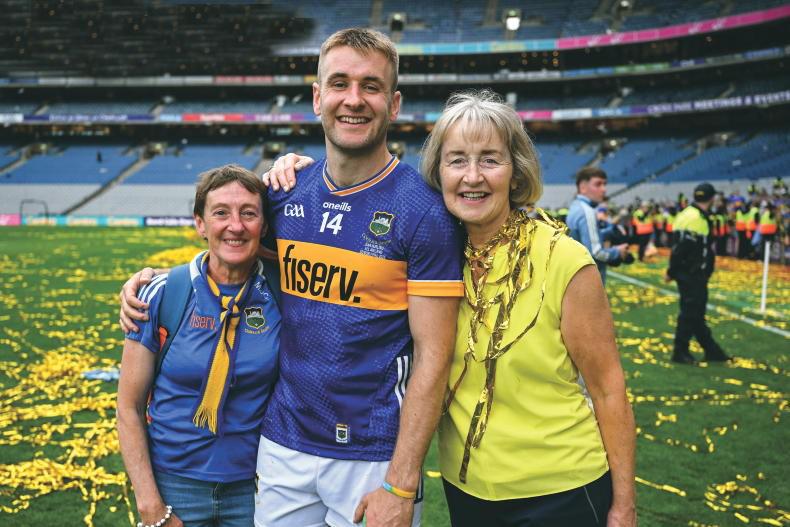
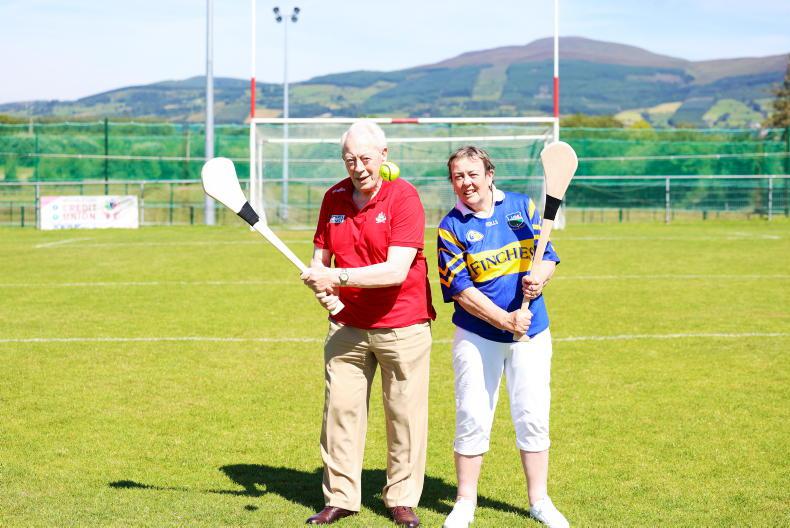
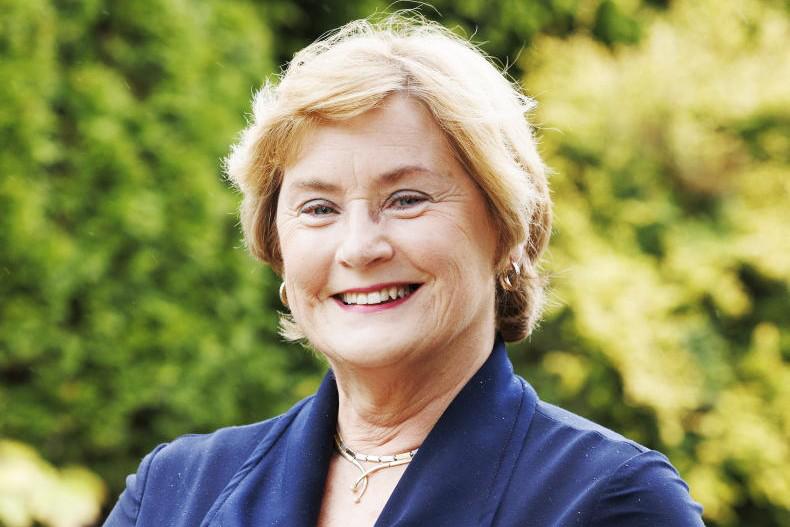
SHARING OPTIONS